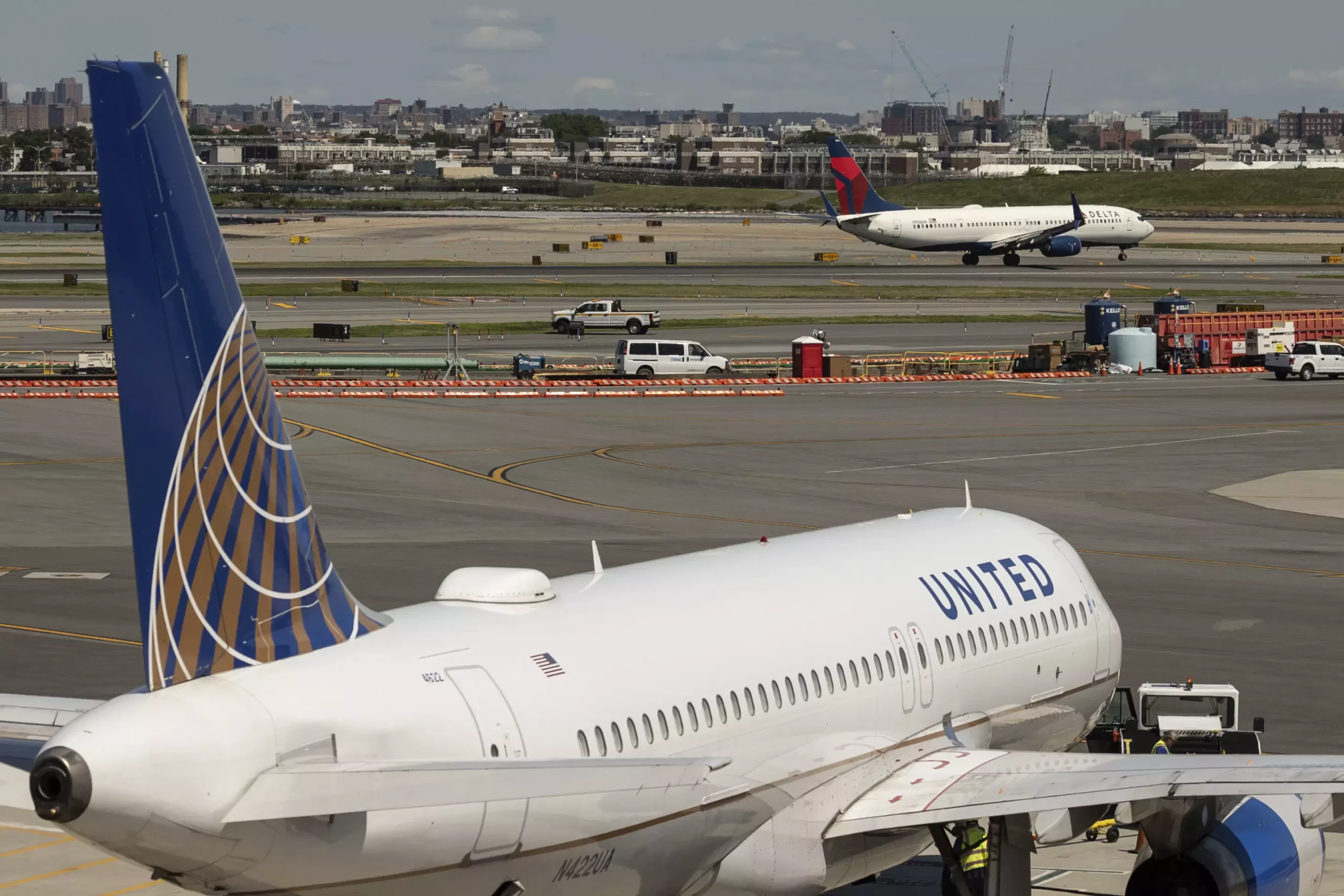In recent news, airlines, such as Delta Air Lines, have found themselves in a state of chaos due to a faulty software update that wreaked havoc on their technological systems. This resulted in a domino effect, causing several carriers to ground flights and disrupt normal operations. Total cancellations within, into, or out of the U.S. on Sunday alone reached a staggering 1,461, as reported by FlightAware. Among the airlines facing the highest number of cancellations were Delta and United Airlines.
Delta Chief Executive Ed Bastian addressed the situation in a message to customers, acknowledging the ongoing flight cancellations as the airline works diligently to recover its systems and resume operations. The fallout from the system failure led to over 3,500 scrapped flights for Delta and Delta Connection. In light of these disruptions, Delta has been providing waivers to affected customers, recognizing the inconvenience caused. Bastian highlighted that a crew tracking tool was among the systems impacted, making it difficult to manage the substantial number of flight changes resulting from the outage.
Transportation Secretary Pete Buttigieg stepped in to address the high volume of cancellations experienced by Delta. The Department of Transportation emphasized the airline’s responsibility to offer refunds to passengers whose flights were canceled and who opt not to be rebooked on alternative flights. Buttigieg’s statements underscored the expectation for Delta to promptly refund affected consumers, facilitate free rebooking, provide timely reimbursements for expenses like food and accommodations, and offer robust customer service support. The emphasis was on preventing passengers from being stranded overnight at airports or enduring lengthy waits to seek assistance from customer service representatives.
The series of events following the software mishap serve as a stark reminder of the critical role technology plays in modern air travel operations. Airlines must prioritize system reliability and preparedness to mitigate the impact of unforeseen disruptions. Moreover, transparent and responsive communication with passengers during times of crisis is essential to maintaining trust and loyalty. As the industry reflects on this incident, there is a collective effort to learn from the challenges faced and implement measures to prevent similar disruptions in the future. Travelers are encouraged to stay informed, be adaptable, and leverage available resources to navigate any potential disruptions effectively.


Leave a Reply